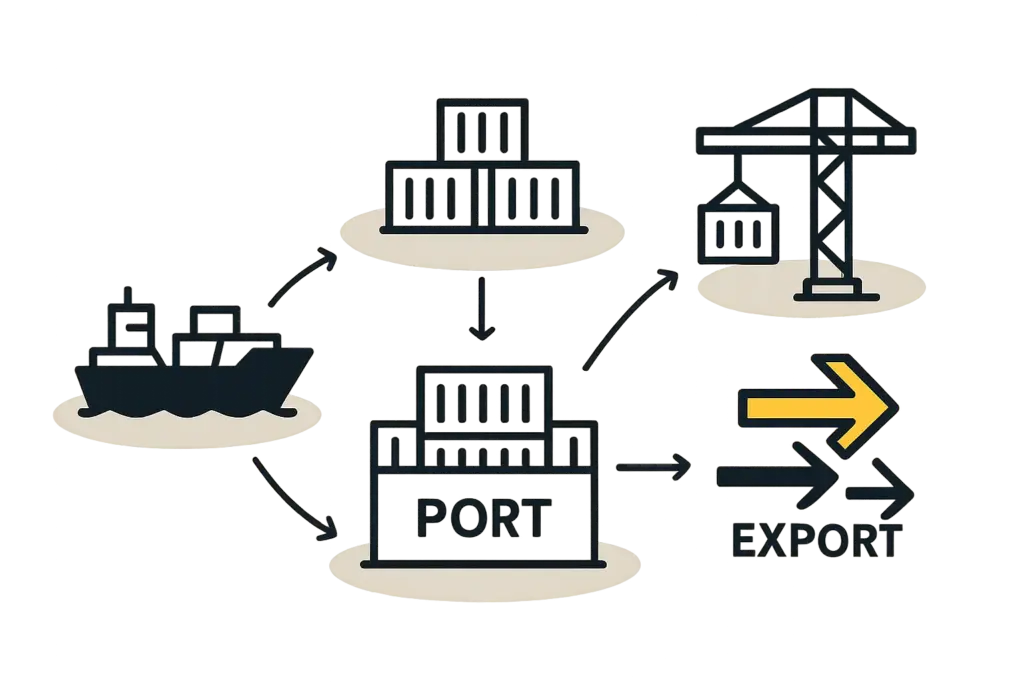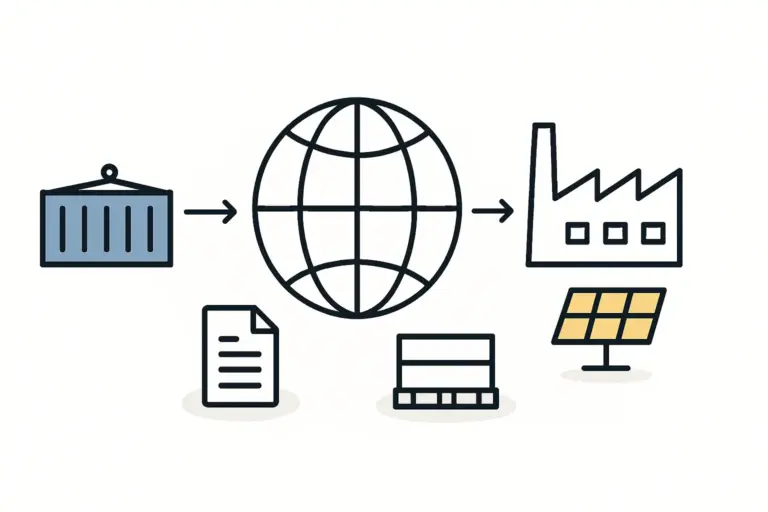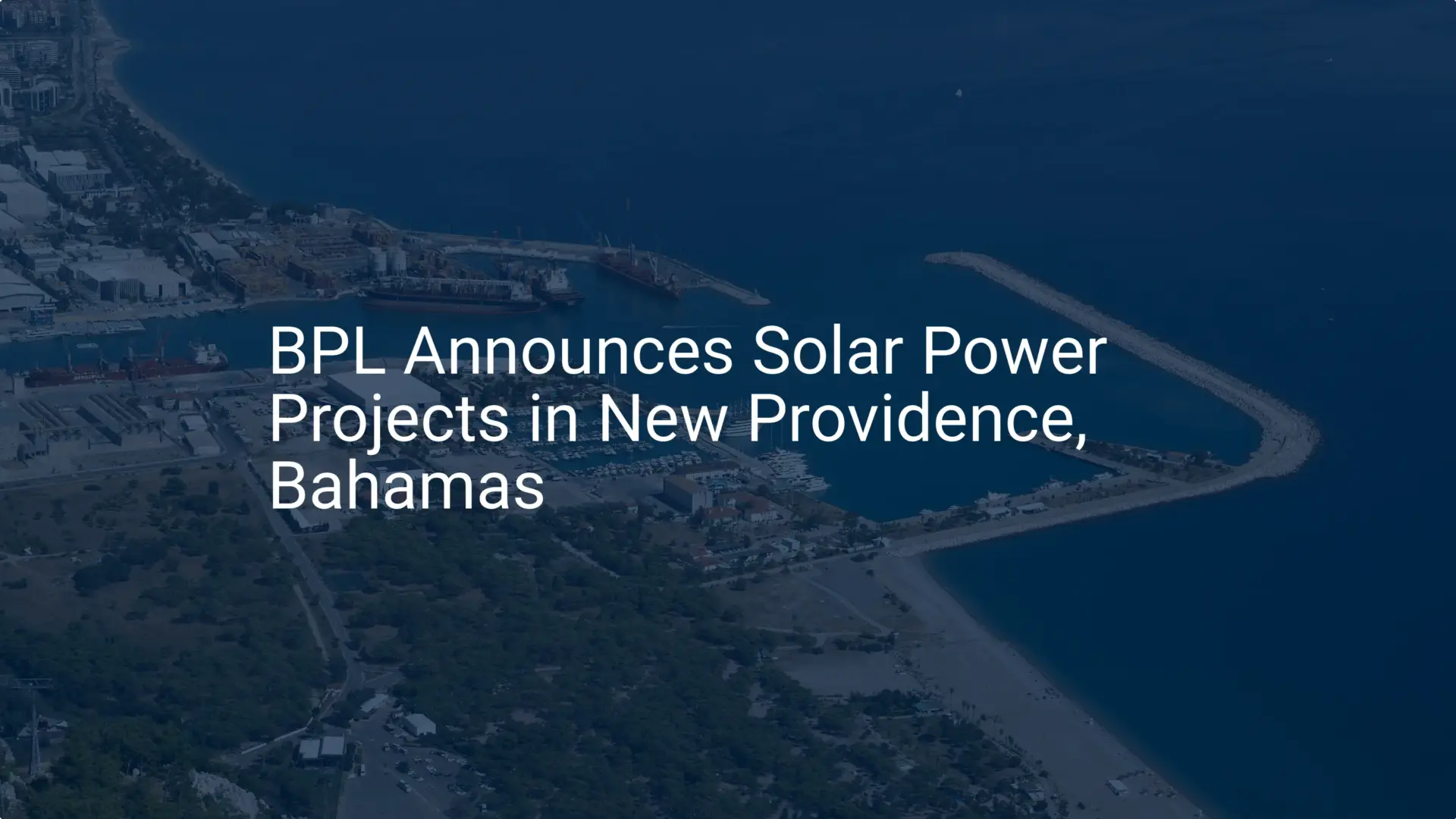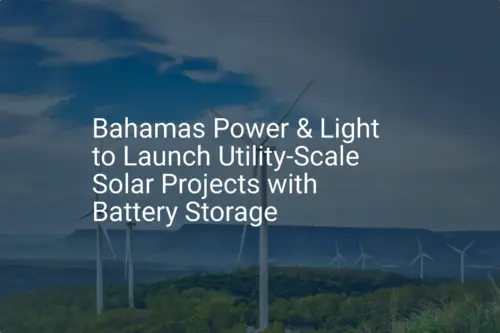The global demand for solar energy is creating new opportunities in unexpected places. For entrepreneurs and investors seeking a strategic location to build a solar module factory, The Bahamas offers a unique proposition.
But beyond its clear skies and favorable geography, is the nation’s core infrastructure ready to support a modern manufacturing operation?
This analysis examines the critical infrastructure in The Bahamas, helping you evaluate its readiness for solar module production.
Table of Contents
The National Commitment to Renewable Energy
A government’s energy policy is a powerful indicator of its support for the renewables industry. The Bahamas has made its intentions clear with a National Energy Policy that aims to generate 30% of its energy from renewable sources by 2033.
This ambitious goal is more than a statement—it signals a long-term commitment to fostering a domestic solar market and supporting the businesses that will help build it. Legislation like the Industries Encouragement Act provides further incentives for new manufacturers, creating a welcoming environment for investment.
For a potential factory owner, this policy framework offers crucial market stability and shows that the government’s goals align with your own.

Port Capacity and Logistics: Your Gateway to Global Markets
A manufacturing facility is only as strong as its supply chain. The ability to efficiently import raw materials and export finished solar modules is non-negotiable. The Bahamas’ key logistical asset is the Freeport Container Port in Grand Bahama.
As one of the largest and best-equipped container terminals in the region, it can readily handle significant industrial traffic. With a current capacity of 1.5 million TEUs annually and plans for expansion, the port can comfortably manage the demands of a solar module production line.
Its strategic location just off the coast of Florida provides direct shipping lanes to key North and South American markets, establishing it as an ideal hub for international distribution.
This powerful logistical advantage helps ensure that raw materials arrive on schedule and finished products reach customers without costly delays.
Industrial Land and the Freeport Free-Trade Zone Advantage
Securing the right location is a critical step in building your factory. Grand Bahama offers over 700 acres of land zoned for industrial and commercial development, which simplifies the process of site selection and planning.
The most significant advantage, however, lies within the Hawksbill Creek Agreement, which established the Freeport free-trade zone. For businesses operating within this zone, the financial benefits are substantial:
- Exemption from import and export taxes on materials and equipment.
- Exemption from real property taxes.
- Exemption from corporate income taxes.
These incentives dramatically lower a facility’s initial setup costs and ongoing operational expenses, directly improving its financial viability and long-term profitability.

Powering Production: A Realistic Look at the Electrical Grid
A stable, reliable supply of electricity is essential for any modern manufacturing process. In The Bahamas, this requires a realistic look at the existing electrical grid, which can be vulnerable to outages and is in need of modernization.
While the government is actively working on solutions, including the development of resilient microgrids, potential manufacturers must factor this reality into their plans. The most practical strategy is to build energy independence directly into the factory design.
By integrating an on-site solar power system with battery storage, you can ensure an uninterrupted power supply for critical operations. This approach not only mitigates the risk of grid instability but also perfectly aligns your facility with the very product it produces.
The Existing Industrial Ecosystem
While tourism and finance are the pillars of the Bahamian economy, the country has a history of supporting other industries. The presence of established manufacturing operations—in pharmaceuticals, salt mining, and rum distilling—points to an existing industrial base.
This history indicates a workforce with experience in industrial settings and an understanding of production processes. While specialized training for solar module assembly will be necessary, you won’t be starting from scratch.
This existing ecosystem provides a solid foundation of industrial know-how that can be leveraged to build a skilled team for your new solar factory.

Ready to learn more or need expert help? Visit our free e-course or explore our services. If you’re ready to dive deeper, our Premium Business Plan E-Course offers the personalized guidance to get your venture off the ground. Let’s make your solar journey a success.
Frequently Asked Questions (FAQs)
Q: What are the main financial benefits of operating in the Freeport free-trade zone?
A: Businesses within the Freeport free-trade zone are exempt from import/export duties, corporate income tax, and real property taxes. This significantly reduces both capital and operational costs for a manufacturing plant.
Q: Is the electrical grid’s reliability a major risk for a solar factory?
A: The grid presents a challenge, but it’s a manageable one. A modern factory plan should include an on-site solar and battery storage system. This guarantees a stable power supply and makes your operation independent of potential grid disruptions.
Q: How does The Bahamas’ port infrastructure support a solar module factory?
A: The Freeport Container Port is a deep-water port capable of handling large volumes of industrial cargo. It provides the necessary capacity to import raw materials (like glass, aluminum frames, and silicon cells) and export finished solar modules to key markets across the Americas.
Q: Does the Bahamian government actively support new solar investments?
A: Yes. The government’s National Energy Policy, which targets 30% renewable energy by 2033, creates a favorable policy environment. This commitment, combined with direct financial incentives from legislation like the Industries Encouragement Act, demonstrates clear government support for new investments in the solar sector.






